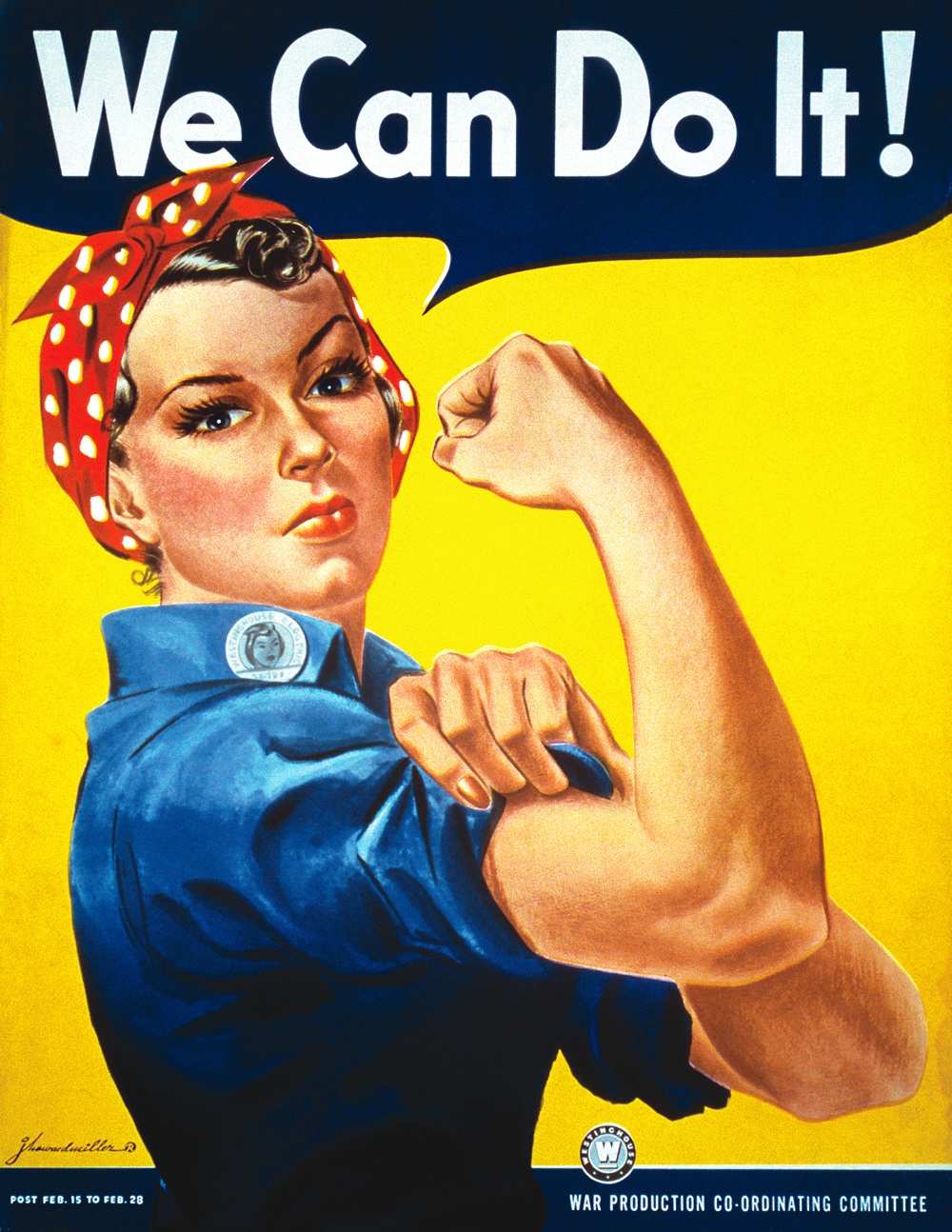
On August 26th, New Jersey residents and Americans across the country will celebrate Women's Equality Day, commemorating the certification of the 19th Amendment, which granted women the right to vote in the U.S. A great deal of progress has been made since the passage of the 19th Amendment in 1920, but there is still a lot of work to do in the U.S. before we achieve true equality. So, while we have many reasons to celebrate Women's Equality Day, it's also important to keep in mind the gender disparities that persist today.
The Gender Wage Gap
The gender wage gap is still very real and difficult to eliminate. The size of the gap varies depending on what workers are counted, but its persistence is undeniable. Among full-time, year-round workers, women were paid approximately 83.7% of what their male counterparts earned. When part-time workers are included, the gap widens slightly, with women earning about 82 cents for every dollar men were paid per hour. While this is a significant improvement over women’s position in the workplace in the 1980s, the gap has remained essentially unchanged for the past two decades.
While additional education tends to increase earnings, women earn an even smaller percentage of men’s pay at these higher levels: the Bureau of Labor Statistics reports that in 2022, women with advanced degrees working full time earned just 77 cents on the dollar compared to their male peers.[1] This disparity has a significant impact on career earnings, affecting not just immediate standard of living but also 401(k) contributions and the ability to save for retirement.
Workplace Sexual Harassment
While women are earning less, they’re also often targets of sexual harassment in the workplace. The Equal Employment Opportunity Commission (EEOC) reports that 78.2% of all sexual harassment charges are filed by women, and the more than 27,000 claims filed between 2018 and 2021 are almost certainly just a drop in the bucket. In 2016, an EEOC Select Task Force estimated that anywhere between 25% and 85% of women have been sexually harassed at work. Additionally, the group found that making a formal complaint was the least prevalent response to workplace harassment. Denying, downplaying, or enduring the abuse or avoiding the harasser were much more common.
Attempts to Achieve Gender Equality
Both New Jersey and federal laws attempt to even the economic playing field while also aiming to curb rampant acts of workplace sexual harassment. The Equal Pay Act of 1963[2] (EPA) and the New Jersey Equal Pay Act[3] (NJEPA) prohibit employers from using sex as a basis for determining an employee's rate or method of compensation. Additionally, Title VII of the Civil Rights Act of 1964[4] and the New Jersey Law Against Discrimination (NJLAD) prohibit discrimination and harassment based on several factors, including sex, in the workplace.
To enhance transparency and enforcement of equal pay laws, the NJEPA protects workers’ rights to discuss and request information about compensation. If a woman believes she is being unfairly compensated based on her sex, she may investigate the possibility of discriminatory pay by asking current or former employees for information concerning job titles, compensation, and benefits. Employees cannot, however, enforce disclosure of compensation information.
Equality for All Genders
The NJLAD prohibits not only discrimination against female employees but also discrimination against any worker based on their gender identity or expression. This includes discrimination in hiring, promotion, transfer, and discharge decisions; creating job assignments; pay and benefits; and other terms, conditions, and privileges of employment. Whether or not you were born female, New Jersey employers are barred from discriminating against you for expressing yourself as such.
If you’ve experienced wage discrimination, sexual harassment, or other illegal treatment in the workplace because of your gender or sex, consider consulting with an experienced employment discrimination lawyer. An attorney can help assess your case and dramatically increase your chances of recovering what you deserve.
[1] U.S. Bureau of Labor Statistics, Current Population Survey, 2022 annual averages.
[2] 29 U.S.C. § 206(d)
[3] N.J.S.A. 34:11-56.
[4] 42 U.S.C.. 2000e et seq.
Contact us for a legal consultation to discuss your case with a New Jersey employment discrimination lawyer.
Dean, Mark C. "New Year's Resolutions: The EEOC's Focus on Workplace Harassment in 2015". The National Law Review, 21 January 2015. Web. 12 July 2017.
"Labor Force Statistics From the Current Population Survey." Bureau of Labor and Statistics, 8 February 2017. Web. 12 July 2017.
"Laws Prohibiting Discrimination." State of NJ Civil Service Commission. State of New Jersey, 22 Oct 2004. Web. 17 July 2017.
Lehmann v. ToysR'Us, Inc.,132 N.J. 587 (1993), Accessed 12 July 2017.
"New American Community Survey Statistics For Income, Poverty and Health Insurance Available For States and Local Areas." United States Census Bureau, 15 September 2016. Web. 12 July 2017.
Noguchi, Yuki. "Underreporting Makes Sexual Violence At Work Difficult To Address". NPR.org, 23 February, 2016. Web. 12 July 2017.
Riehl, Stefanie. "Protections for NJ Employees Discussing Salaries & Benefits." New Jersey Business & Industry Association, 4 August 2016. Web. 12 July 2017.
Sollee, Kristen. "5 Sad Statistics About Sexual Harassment at Work." Bustle.com, 15 March 2016. Web. 12 July 2017.
Vasel. "5 things to know about the gender pay gap." CNNMoney. Cable News Network, 4 April 2017. Web. 17 July 2017.
"Wage and Hour." State of New Jersey Department of Labor and Workforce Development, n.d. Web. 12 July 2017.
"Women and the Lifetime Wage Gap: How Many Woman Years Does It Take to Equal 40 Man Years?." National Women's Law Center, March 2017. Web. 12 July 2017.
"Women's Equality Day." National Women's History Project, n.d. Web. 12 July 2017.




.svg)